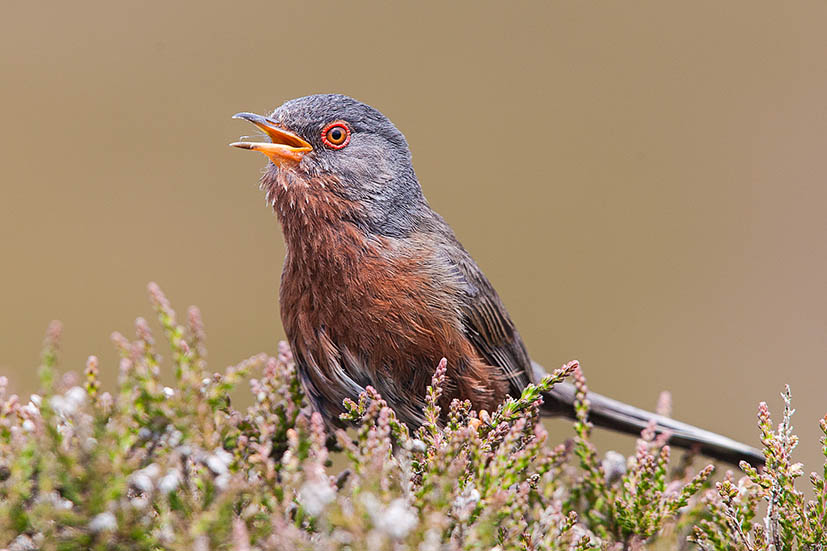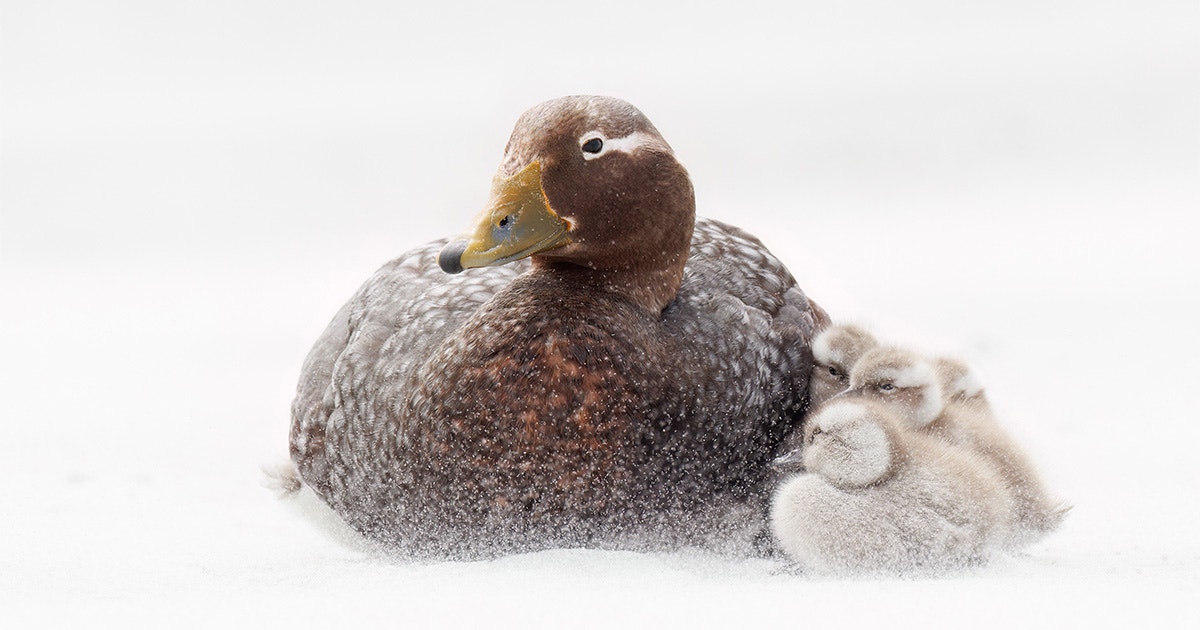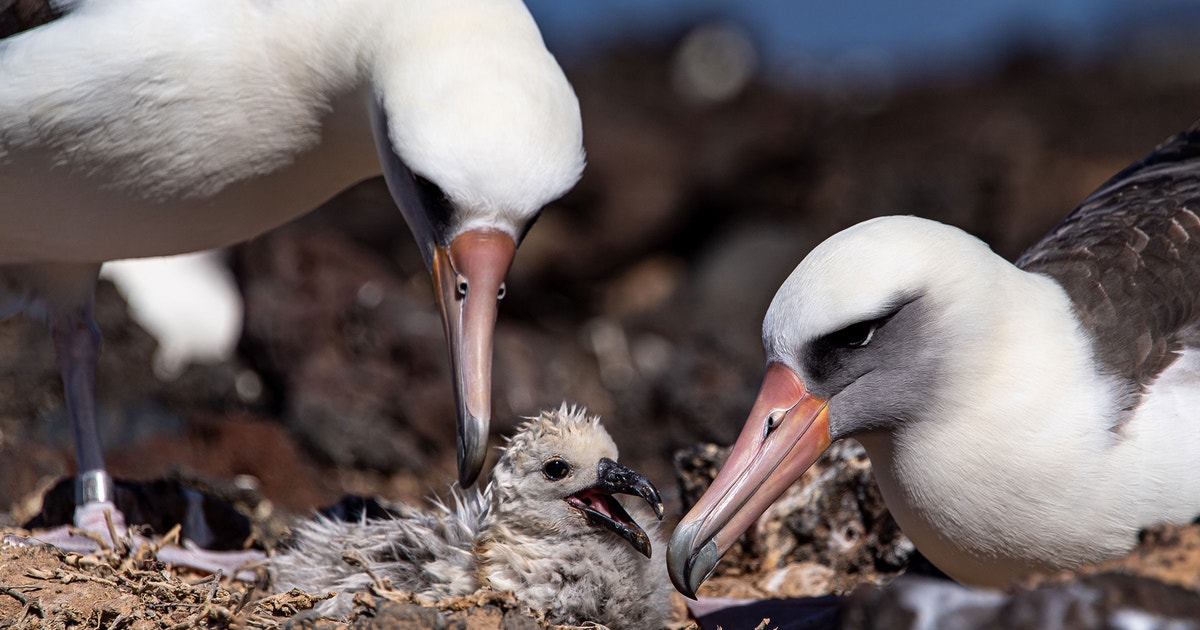Cornwall has a new Site of Special Scientific Interest (SSSI) with the confirmation today of protected status for West Penwith Moors and Downs. The confirmation will mean that 3,044 hectares of some of the country’s wildest and most dramatic nature rich habitat is now protected. Penwith Moors has a long history of agriculture and livestock grazing, with many of the 4,000-year-old field systems still used for their original purpose. Natural England values these deep traditions that have created the nature-rich place that is now being celebrated by designation as an SSSI. NE is committed to continuing to support and reward the nature-friendly farming that is essential to sustain West Penwith Moors and Downs.
Natural England Chair Tony Juniper said: The designation of West Penwith Moors and Downs as a SSSI reflects how wildlife has flourished under a combination of generations of low-intensity farming activity and the naturally occurring habitats and species. We want to work in partnership with farmers to support them in delivering the best possible management to sustain nature in the SSSI and in the surrounding countryside alongside running their farm business.
Dartford Warbler, copyright Ron Marshall, from the surfbirds galleries
Reflecting on the Board meeting and reason why the decision was reached, Tony said: This was a complicated and difficult decision for the Natural England Board, but in the end we decided that the balance of evidence confirmed that these moors and downs should be a Site of Special Scientific Interest. While this inevitably creates uncertainty for farmers and others living and working in the landscape, Natural England will continue to provide advice and support to assist land managers in applying for the Countryside Stewardship scheme, to help secure funds to continue the type of farming that is essential to maintaining the natural heritage of this special part of England. The urgency to deliver for people and nature is greater than it has ever been. Nature provides us with clean air, food, water and other essential resources. It regulates our climate and is fundamental to our health and well-being. Nature is at the heart of every successful sustainable economy.
NE is also giving advice to Defra as part of the overall development of Environmental Land Management Schemes to make sure those who manage SSSIs such as West Penwith Moors and Downs are properly rewarded for the results for nature that they deliver.
The area was designated for SSSI status due to its lowland heathland, fens and dry acid grassland, lichens, wetland valley mires, a breeding population of Dartford warbler, invertebrates including the rare Perkin’s mining bee and tormentil nomad bee, and a number of vascular plants, such as coral necklace, a declining plant which grows along wet tracks.
The new SSSI will also contribute to Government statutory targets and international commitments to halt biodiversity decline by 2030 and to meet the goal of the 25-year Environment Improvement Plan, to be the first generation to leave the natural world in a better state than we found it. Natural England is putting nature recovery at the heart of all our plans and partnerships, from national to local level.
Anyone applying for the current Countryside Stewardship scheme will achieve a higher score if their application includes appropriate land management options to support important habitats within a SSSI and is therefore more likely to be offered an agreement.
Similarly, it is anticipated that the delivery of appropriate management within SSSIs will also be a priority objective for the new Environmental Land Management scheme currently under development.



